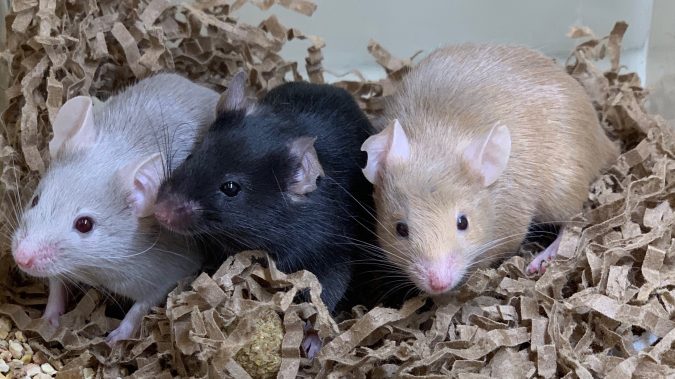
Prader-Willi Syndrome
Prader-Willi Syndrome (PWS, OMIM #176270) is a rare neurogenetic disorder often due to the absence of the paternal imprinted part of chromosome 7, either by deletion, maternal uniparental disomy, or imprinting defects. It features early onset hyperphagia that can lead to obesity without controlled caloric intake. Symptoms include infantile hypotonia, delayed motor milestones, cognitive impairments, behavioral issues like compulsive eating and temper tantrums, and short stature, alongside distinctive facial features like a narrow bifrontal diameter, almond-shaped eyes, and a thin upper lip. More info
Pathogenic mechanisms
Prader-Willi Syndrome (PWS) results from the absence of paternal genetic material on chromosome 7. This absence leads to the loss of expression of critical imprinted genes (Frat3, Mkrn3, Magel2, Ndn, Snurf, Snrp, Snord107, Snord64, Snord116, Snord115) involved in appetite regulation and growth.
Mouse Models
- Del(7Herc2-Mkrn3)13FRdni (deletion of the whole PWS region corresponding to PWS deletion Type 1, imported from JAX)
- Snrp KO
- Snord 116flox/flox